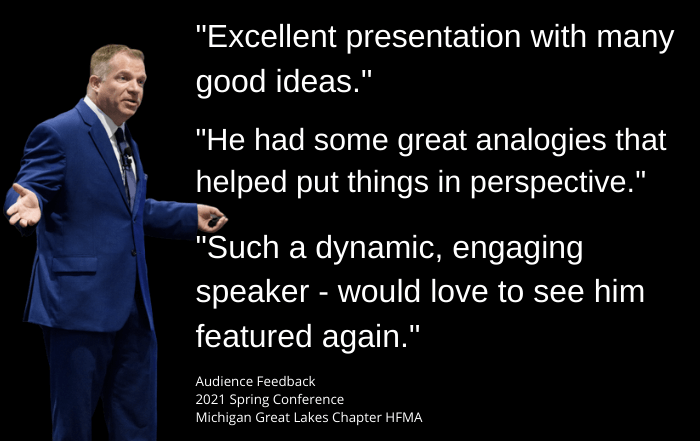 While many understand its benefits, committing to self-care is apparently a challenge. Simply put, self-care sees you make healthy choices that can empower your mental and physical health.
While many understand its benefits, committing to self-care is apparently a challenge. Simply put, self-care sees you make healthy choices that can empower your mental and physical health.
It’s an important component of your work-life balance. Recently, I polled my LinkedIn connections with the question, “Why do people struggle to keep up with self-care?” Let’s go through their responses and see if any of them describe your situation.
Feel Guilty Prioritizing It: 47%
In a busy world, it’s easy to find things to do that keep you from committing to self-care. In many cases, you’re not wrong in embracing a strong work ethic. That can also bring feelings of guilt.
Consider if it’s possible that you might perform better if you took some time to address your needs? Does constantly working harder produce a better performance?
Don’t feel guilty about taking a lunch break or using that time to unplug for a short walk. Whenever I do something that indulges me, even for a few minutes, I feel refreshed and later wonder why I don’t do that sort of thing more often.
Sometimes the best way to work harder sees you pause your day.
Not Enough Time in the Day: 43%
Committing to self-care isn’t easy when you feel like you’re constantly chasing a deadline or a growing list of projects. If you’re not careful, work can take over all your time. And with smartphones, it’s harder to disconnect from work.
However, meeting the challenge of an out of control workload may not be sustainable. Make sure you’re spending your time on your most important tasks.
Also, consider if you’re spending time on things that may not be as important as they used to be. Is it possible for some of these activities to be dropped?
Not Enough Support: 7%
How can you commit to self-care if your employer doesn’t seem to care about your well-being? Company culture needs to have space for it.
It can be easy for leaders to say they are committed to self-care, only to then tell employees they’ll be working overtime for the next week. A good workplace culture sees modeling of positive behaviors.
A negative environment rarely gets better on its own.
Unsure Where to Start: 3%
In this scenario, people know something is wrong in their lives, but they’re not sure how to address it. Smart leaders may share their best practices or introduce tools and techniques to employees. And they may also want to bring in experts for guidance.
Whatever happens next is up to the employee, but make sure you give them space to accommodate changes. For instance, some businesses give employees time to volunteer in their communities.
A volunteer program won’t work if volunteering results in a more stressful and hectic day.






